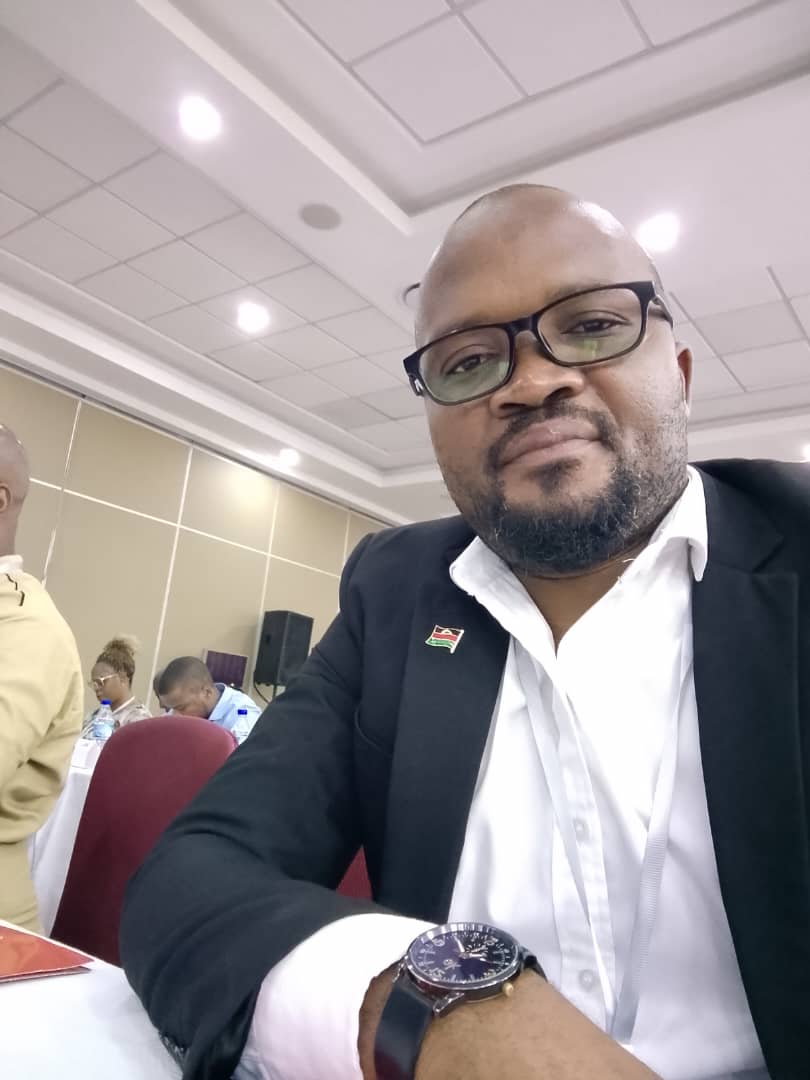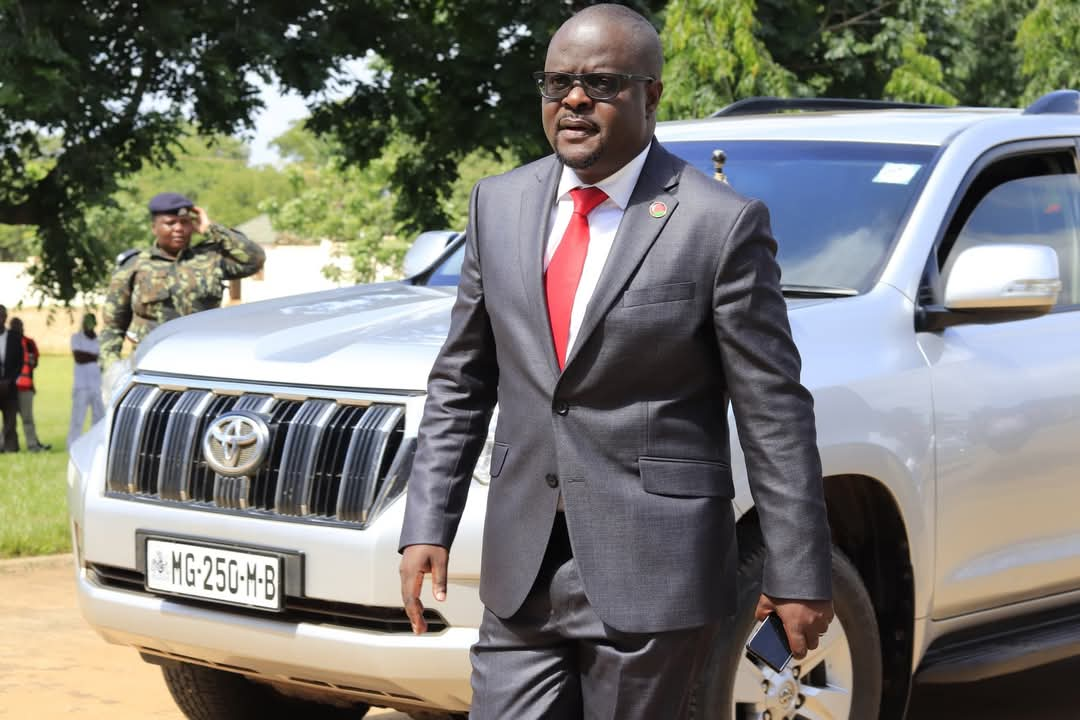By Burnett Munthali
The recently concluded All-Inclusive Stakeholders Conference organized by the Public Affairs Committee (PAC) has drawn mixed reactions from various segments of Malawian society, with some applauding the open dialogue it fostered while others expressed disappointment over the lack of decisive outcomes.
As Concerned Citizens of Malawi operating under the People Power Movement, our overall impression of the conference is one of cautious optimism, tempered by significant concerns about the event’s overall impact.
PAC has historically played a critical role in facilitating national dialogue, bringing together government officials, opposition parties, civil society organizations, and religious leaders under one roof to reflect on the state of the nation.
This latest conference stayed true to that tradition by raising urgent issues affecting the country, including governance shortcomings, rampant corruption, economic mismanagement, and the pressing need for national unity.
While the platform enabled frank and open dialogue—especially from members of civil society and religious institutions—the expected outcomes fell noticeably short of public expectations.
The nation had hoped for concrete resolutions and firm commitments from both PAC and the political figures in attendance, but instead the event delivered reflections and general statements without the much-needed action points.
This absence of tangible strategies for accountability has led many Malawians to question the efficacy of such gatherings, especially in a climate where citizens are demanding visible change.
Equally troubling was the weak participation—or in some cases, outright absence—of key government representatives, a factor that further undermined the potential influence of the conference.
For PAC to continue being a credible voice of moral guidance and civic responsibility, its recommendations must go beyond dialogue and be translated into meaningful implementation.
The continued challenge of turning PAC’s resolutions into concrete actions remains a significant roadblock to national progress.
Despite the setbacks, the conference did reaffirm PAC’s vital role in the national discourse, acting as a platform where pressing concerns can be aired and considered.
What remains to be seen is whether this momentum will translate into real change or remain a mere ritual of convening without consequence.
In the final analysis, Malawians are not short of words or ideas—they are starved of action and accountability.
As Concerned Citizens, we urge PAC and all stakeholders involved to match their rhetoric with commitment and to ensure that future gatherings deliver not only hope but measurable results.
Only then can the vision of national transformation move from idealism to reality.




